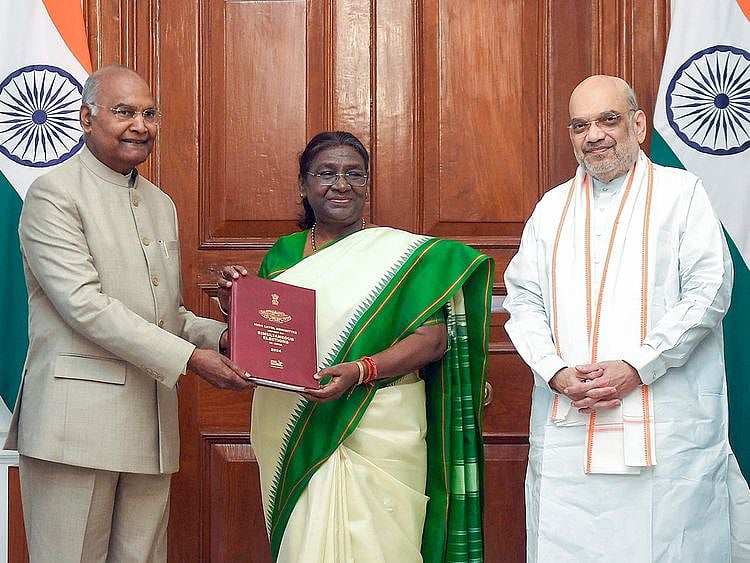Government panel recommends India hold simultaneous state, national elections
Report will not affect upcoming elections, which have to be held by May

Mumbai: A government-appointed panel on Thursday recommended India hold elections to state assemblies and the national parliament at the same time, saying the process would increase transparency and inclusivity and improve governance and growth.
The panel, appointed by Prime Minister Narendra Modi’s government in September, submitted its report to President Droupadi Murmu on Thursday, days before an election date is expected to be set.
The report will not affect the upcoming elections, which have to be held by May, as a “one nation, one election” law will have to be passed by parliament and ratified by states, many of which are ruled by Modi’s rivals and have opposed the idea as they say it violates India’s federal politics.
Nearly one billion voters are eligible to vote in the general elections, but polls to the 28 state assemblies are spread out as they take place when their five-year terms end.
“Asynchronous elections cause uncertainty and instability, thwarting supply chains, business investments and economic growth,” the panel, led by former president Ram Nath Kovind, said.
The nine-member panel said it found that real GDP growth was higher when simultaneous polls were held, compared to a decrease when they were not.
Simultaneous polls used to be the norm in India, but the cycle was disrupted decades back, resulting in the current staggered system.
The panel recommended that as a first step, simultaneous elections be held to the lower house of parliament and state assemblies, with the terms of state assemblies being curtailed or extended to synchronise with parliamentary elections.
In the second phase, elections to local bodies such as municipalities and village councils would be held within a hundred days of state and national elections.
The ruling Bharatiya Janata Party (BJP) has pushed for combining state and federal elections as it would also help cut the cost of conducting polls in the world’s most populous country and ensure politicians are focused on governance rather than electioneering.
Sign up for the Daily Briefing
Get the latest news and updates straight to your inbox
Network Links
GN StoreDownload our app
© Al Nisr Publishing LLC 2026. All rights reserved.